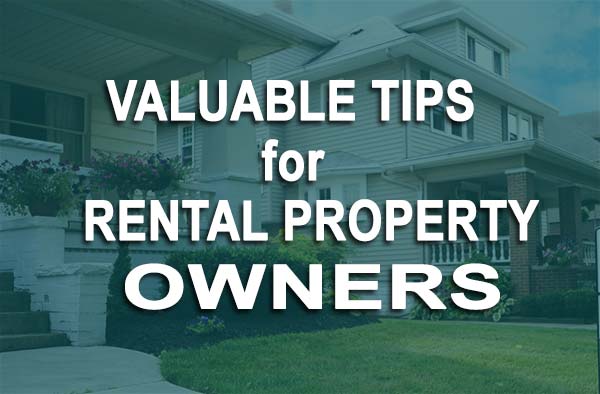
How to Protect Yourself as a Rental Property Owner
As with any investment, rental properties come with some risks. However, while investing in rentals can be risky, it can also be very profitable. So, rather than being scared away by what might happen, it’s best to know your risks and plan for them. Today, we’re going to discuss three things you can do to protect yourself as a rental property owner.
1. Liability Insurance
Landlord liability insurance is a must-have for any rental owner. This insurance protects you against the same primary items that traditional homeowner’s insurance covers but also provides coverage against other incidents. The additional coverage offers protection from:
Tenant Damage
Anytime you rent out a property, you hope the tenant cares for the home like it’s their own. Sadly, this isn’t always the case. Having liability insurance will ensure that even if the tenant trashes your rental, you will not be responsible for out-of-pocket repair expenses.
Accidents & Injury
Tenant or guest injury clauses protect you against legal and medical bills if someone becomes injured on the property. This is vital because, in some states, the landlord is held liable for harm occurring due to certain injuries that may happen on the property. Adding a clause to your policy to protect against injuries and accidents will cover all medical-related expenses and legal fees, so you don’t have to.
2. Vacancy Rental Income Loss Insurance
Rent loss insurance is also sometimes referred to as fair rental value coverage. This type of insurance covers you in the event that that property is lost to a natural disaster or is otherwise uninhabitable due to damages caused that were out of your control. These policies cover you from destruction such as a tree collapsing on the home or pipes bursting and leading to widespread damage.
Moreover, when you add on a vacancy rental income loss clause, you don’t have to worry about whether the property is occupied. The truth is that most landlord insurance doesn’t cover your investment if the home is not currently rented. That’s where this clause comes in handy, as you want to protect yourself in every way possible.
3. LLC Titling
Finally, securing your rentals in an LLC or other entity is a great way to protect yourself and your personal assets from the liability of rental activities. The good news is that you don’t have to set up a new LLC for every rental purchase, but you should at least have one.
However, just keep in mind that it is never a good idea to put all of your “eggs in one basket,” so to speak. When you wrap up all your properties into the same LLC, you risk them all together. A much better strategy is to create an LLC for each property. This is the best and most effective way to ensure that your personal information and name are kept private from renters and attorneys.
Closing Thoughts
At the end of the day, the most important thing is to ensure that you are speaking with reputable insurance professionals who are willing to help ensure that you are covered in every way. Though adding on additional coverage can be costly upfront, it can save you a great deal of time, money, and headaches down the road.
So, are your properties covered? It’s a great idea to take this time and review your policies for that added peace of mind.
